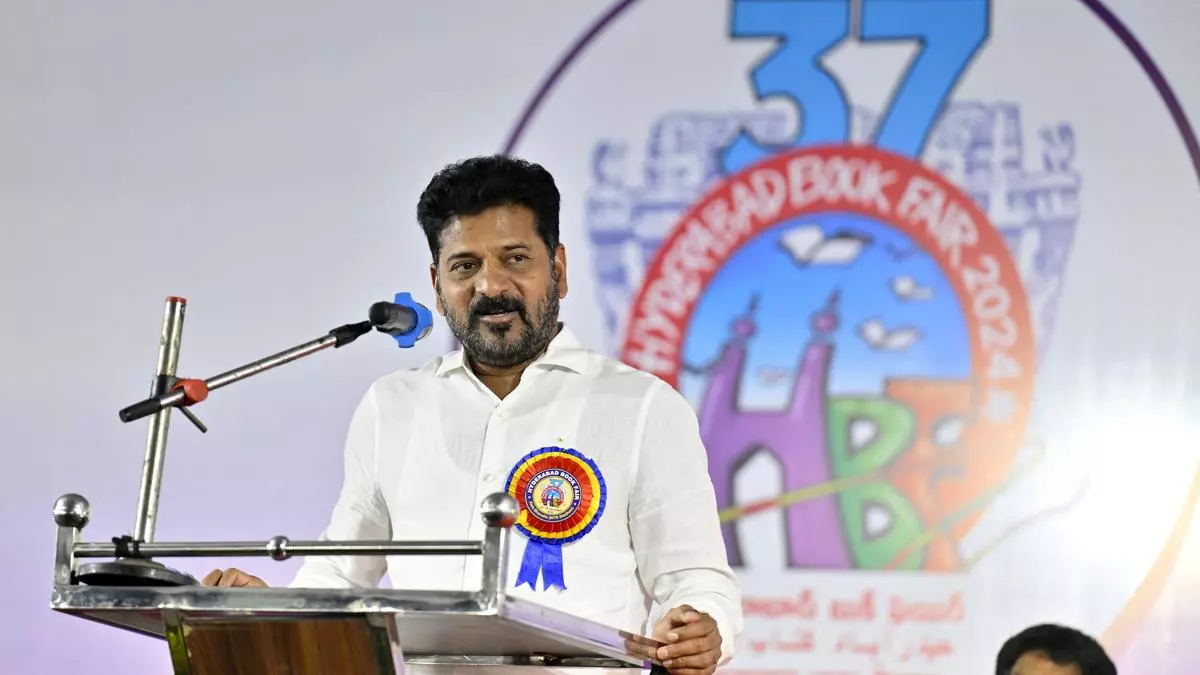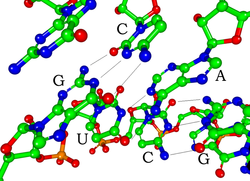Observations made by chief ministers of two southern States on the need to expand family sizes in a bid to arrest population ageing have sparked the debate around the demographic transition underway in India. Today, the country stands on the cusp of a seminal demographic moment. Having become the most populous nation, accounting for over a sixth of humanity, India is also among the youngest nations with a median age of 29 years and 65 per cent of its population below the age of 35 years.
Save for a brief period during the Emergency, India’s family planning paradigm has been largely underpinned by human development approach involving equitable access to education, healthcare, nutrition, employment opportunities, provisioning of birth control measures such as contraceptives including mass sensitisation and awareness drives, as opposed to the sledgehammer approach adopted by countries like China through their coercive diktats such as the “one child policy” norm.
Consequently, fertility rates have plummeted considerably over the past several years. Strikingly, all States barring Bihar, Jharkhand and Uttar Pradesh have witnessed their total fertility rate (TFR) declining below 2.1. A recent Lancet report suggests that TFR for the country will fall to 1.29 by 2050. According to the UN, India’s population growth rate has been steadily declining since the 1990s and in 2021 the average annual rate of change of population was barely 1 per cent. At this rate, India’s population will continue to grow, peak by 2060 and thereafter start to decline. Also “India ageing report 2023”, by UNFPA, postulates that the share of elderly (above 60 years ) in total population would nearly double from 10.5 per cent in 2022 to 20.8 per cent by 2050.
Ageing population
Unsurprisingly, population ageing is much more pronounced in the southern States vis-a-vis northern States owing to the massive strides made in socio- economic development indicators ranging from health, nutrition, education, and employment. Ministry of Health and Family Welfare data indicates that TFR in Tamil Nadu is the lowest in the country at 1.4 followed by 1.5 in Andhra Pradesh, Telangana and Kerala and 1.6 in Karnataka, far below the national average of 2.0.
These developments have triggered a political frenzy in the South and understandably so. For, these States will be at the receiving end in terms of declining future economic growth potential and rise in inbound migration. But more worrying is a significant potential decline in resource transfers from the Centre, as also erosion of political representation in the Parliament upon the conduct of the next delimitation exercise. This could accentuate the already widening trust deficit between the Centre and States, thereby severely straining the federal compact and eventually leading to “confrontationist federalism” instead of “cooperative federalism”.
Besides, this rapidly evolving uneven demographic landscape could also exacerbate inter-State migration — from the northern and eastern States to the more affluent southern States. This demographic rebalancing could become a recipe for social disharmony, economic slowdown, political disequilibrium, and constitutional complications unless managed properly.
Without a policy paradigm in place, regressive steps such as imposing restrictions on couples having less or no children from contesting polls or accessing welfare benefits could do more harm than good. In the longer run, India must also prepare itself for harnessing the “silver dividend by expanding safety nets, fostering care economy, silver economy, and support systems for the greying population.
The writer teaches in the Department of Production & Industrial Engineering, MBM University, Jodhpur. Views are personal







Leave a Comment